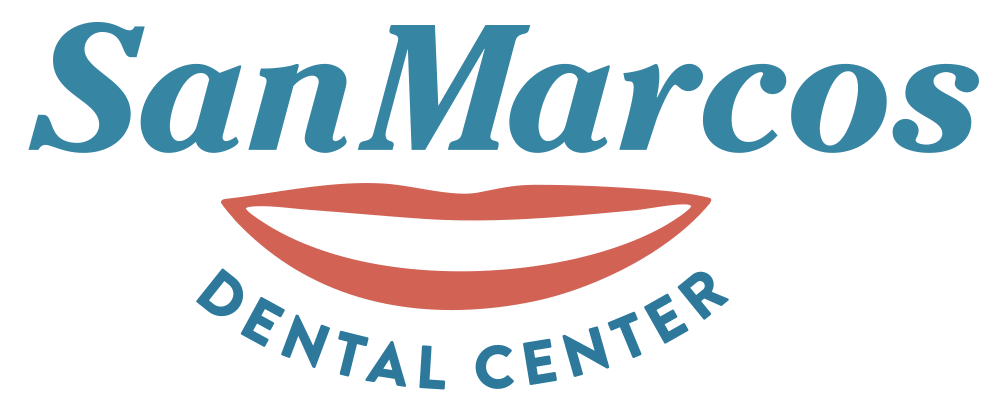
Things to Know about Dental Extractions:
Frightening as it may sound, dental extractions are the most common routine dental procedures. Fortunately, with major advances in modern dental technology your skilled dentist, you’ll be back on your feet in no time. Don’t let this procedure cause you anxiety. San Marcos Dental Center will share some lesser known facts about dental extractions that can help you feel more mentally prepared and to put your mind at ease.
Clotting is Par for The Course
Once your tooth or teeth have been extracted, a blood clot normally forms in its place. This is normal and part of the healing process. It’s important not to disturb the blood clot as that can lead to complications. Your dentist may also choose to give you a few self-dissolving stitches if he feels it to be necessary. They will disappear on their own as your gums are healing.
Painless
Your dentist will completely numb the area in order to perform the extraction, so you won’t be able to feel any pain. As the pain medication wears off, you may feel some discomfort in the area. You can control this with over-the-counter pain pills. If you are feeling an increase in pain as the time goes on, give your dentist a call.
Two Week Recovery
The initial recovery will take a few days. The site should be completely healed two weeks after the extraction. Your dentist may want you to book a follow-up appointment to ensure that everything is healing correctly and looking good.
Soft Foods Only
After your extraction, stick to liquid and soft foods like soup, mashed potatoes, and applesauce. As time goes on, you can add harder foods back into your diet. Avoid chewing on the side of your extraction until the site is fully healed.
Brush Carefully
You should still be brushing your teeth during the healing process, but you need to be extra careful not to touch the extraction site. There’s a possibility that you could dislodge the blood clot which causes a dry socket. When this happens, the bone and nerves underneath are exposed leading to severe pain and a higher chance of infection. Instead of brushing the area, gently swish a saltwater solution around your mouth twice a day to keep the area clean.
AVOID:
As your gums are healing, there are certain things you should avoid. You shouldn’t smoke, rinse or spit forcefully, use a straw, or drink alcohol. Have a friend or family member drive you to and from your appointment.
Keep these things in mind and bring up any concerns you have to your dentist. He will be able to address them so you can go through with your procedure with peace-of-mind.


